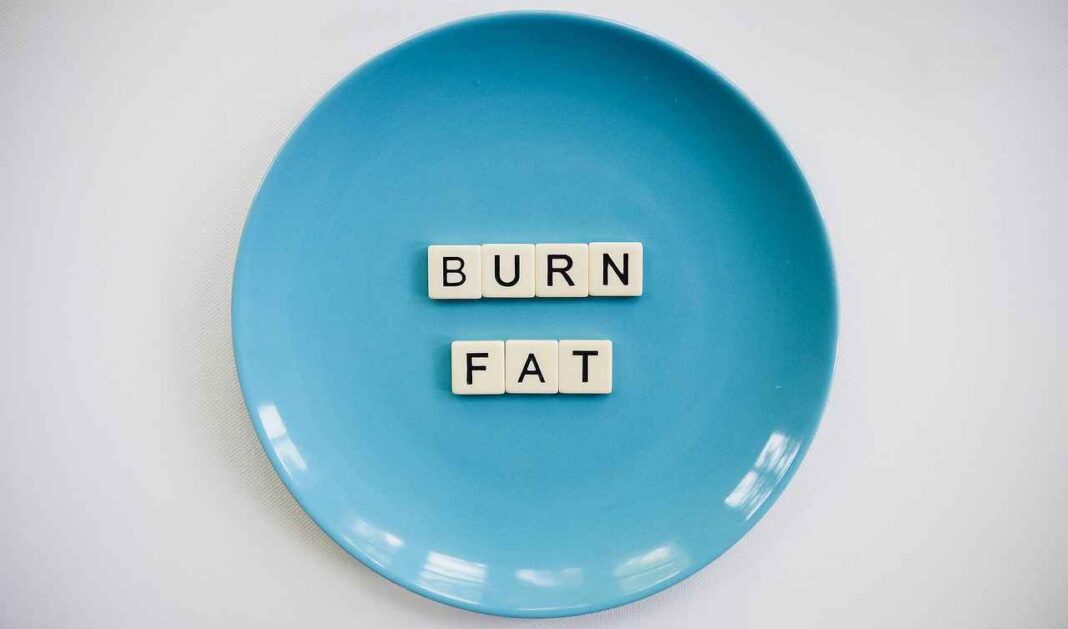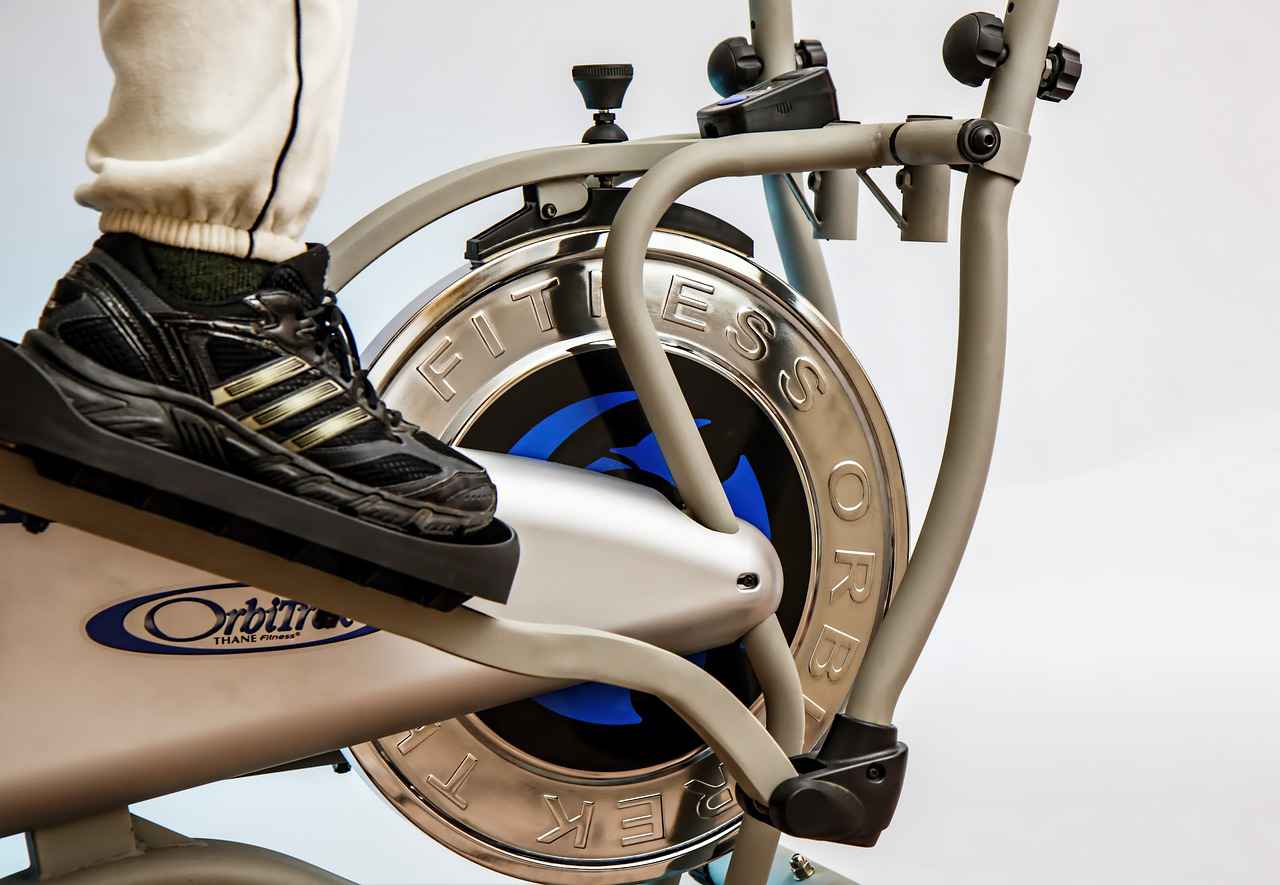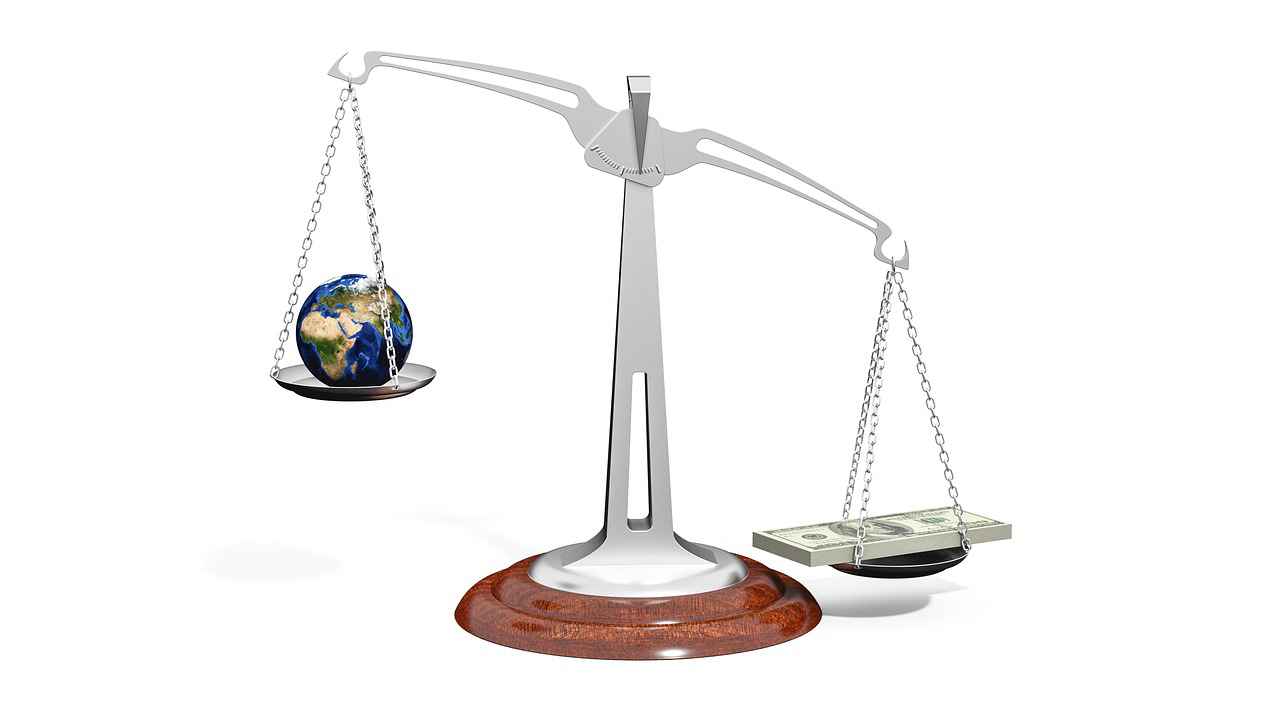The best way to lose weight might seem counterintuitive at first. Imagine this: I’ve been fitting into the same size 33″ jeans since 1999, but let’s talk about a recent day that was a food lover’s dream. I started with a breakfast buffet of fruits and pastries, moved on to a “low-calorie” Greek baked spaghetti with garlic bread for lunch, and rounded it off with a bone-in filet mignon and a loaded baked potato for dinner, not to mention the blue cheese wedge salad and a couple of glasses of Pinot Noir. By the end of the day, I had racked up about 5,500 calories!
Despite this indulgence, I wasn’t feeling too bad, thanks to playing tennis for an hour and a half before dinner. It’s rare for me to eat like this, as I typically consume much less. This got me thinking during my cab ride home—maybe the prevalence of obesity in America is tied to overeating as a misguided attempt to lose weight later.
Eating well is one of life’s greatest joys. It seems irrational to deny ourselves this pleasure, and perhaps this mindset explains why so many people are okay with gaining weight. Similarly, the thrill of spending money, even money we don’t have, can be irresistible. Paying off debts later somehow doubles the pleasure, making the cycle of debt somewhat addictive.
Now, consider a weight loss challenge between two friends who are both 5’11”. One starts at 230 pounds and the other at 180 pounds. Their goal is to lose 10% of their body weight. The one starting at 230 pounds only needs to drop to 207 pounds, which seems much easier than dropping from 180 pounds to 162 pounds. This discrepancy makes the heavier contestant more likely to win—and boast about losing a whopping 23 pounds!
The unfair advantage doesn’t stop with weight loss challenges. The heavier person has spent years enjoying good food without guilt, rarely needing to exercise. Even after losing weight, they still enjoy a sense of accomplishment, which is less apparent in someone who has always been near their target weight.
This idea extends to managing debts. Just as some gain weight for the satisfaction of losing it later, some accumulate debt enjoying the high life, only to feel the rush of paying it off. This cycle can be thrilling and addictive, creating a perpetual loop of indulgence and restraint.
To truly break free from this cycle, whether it’s with weight or debt, the first step is understanding and tracking your habits. For finances, I recommend using tools that help monitor your net worth and expenses, which can pave the way to better financial health and a debt-free life. Just as with dieting, starting with a clear assessment of where you stand is crucial to making any meaningful change.











































